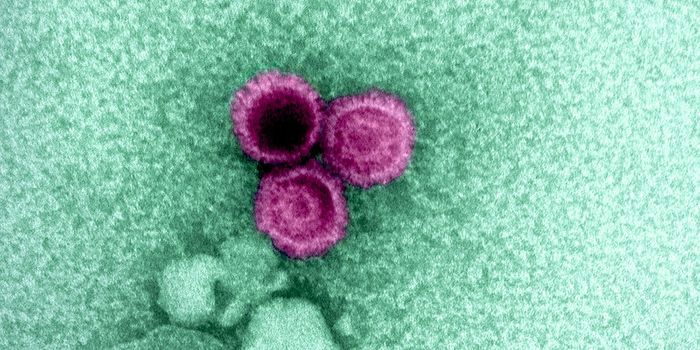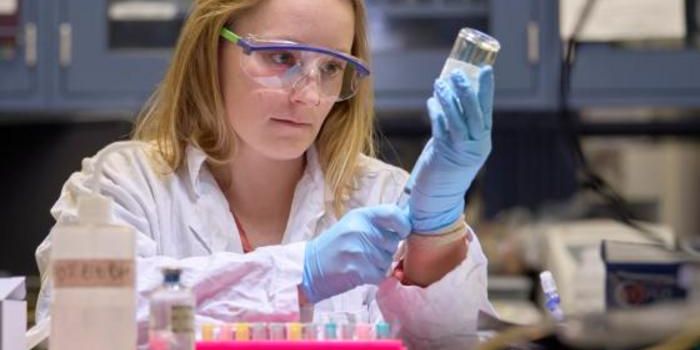Gut Microbes May Play a Role in Anorexia
Eating disorders like anorexia nervosa and bulimia nervosa are illnesses that involve "severe disturbances in people’s eating behaviors and related thoughts and emotions," according to the National Institute of Mental Health. These illnesses can be fatal and are not a lifestyle choice; they are caused by a complex interplay of many things including genetic, psychological, and social factors. They can affect anyone though rates are higher in women. New work has suggested that microbes that live in the gut may be involved in anorexia. Reporting in Frontiers in Psychiatry, researchers have suggested that beneficial gut microbes could also be a potential treatment avenue.
"Anorexia nervosa is a very common psychiatric disorder and can be incredibly debilitating or even fatal, but is unfortunately still quite challenging to treat," noted lead study author Ana Ghenciulescu. "Moreover, there has been a great deal of recent excitement about the idea that gut microbes affect many aspects of our health, including our mental health - and that this relationship goes both ways."
In recent years, scientists have made more and more connections between human health and the microorganisms that live in the gut. Some microbial strains are more abundant in people with certain disorders. Researchers have also found a link between a lack of diversity in the gut microbiome and disease. After searching the literature the study authors found that seems to be true of anorexia patients too.
"In anorexia, microbial communities seem to be less diverse and more abundant in 'harmful' species," said the senior study author Dr. Phil Burnet.
Previous work has also indicated that harmful bacteria that attack the gut lining seem to be more abundant in anorexia patients. These microbes disrupt the protective layer in the digestive tract, causing a condition known as leaky gut, which has been associated with psychiatric disorders. People with anorexia also seem to carry gut microbes that are affecting metabolism and appetite.
What remains to be determined is whether the disruptions in the gut microbiomes of anorexia patients are causing the disorder, or happen because of their excessively restricted diet. Experiments in which gut microbes are transferred from one mouse model to another may help scientists answer that question.
"In a mouse study, researchers transferred fecal samples from anorexia patients to the guts of mice with no microbiome of their own," said Ghenciulescu. "Such mice gained less weight and developed more anxious and compulsive behaviors compared with mice who received feces from healthy patients. This suggests that their altered gut bacteria might be contributing to similar symptoms in anorexia patients as well."
While there is a lot more work to be done before a treatment approach involving microbes is applied, this research suggests that probiotic supplements could be worth exploring as a therapy for anorexia.
"There is still no consensus over what a 'healthy' microbiome profile looks like, and the optimal composition is probably different for each person," said Burnet. "Much more work needs to be done to understand the rich and highly complex microbial ecosystem within our gut."
Sources: AAAS/Eurekalert! via Frontiers, Frontiers in Psychiatry









